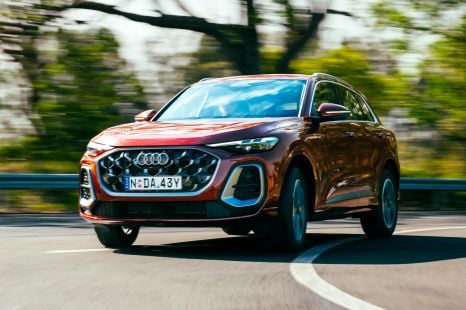

James Wong
2026 Audi Q5 review: Quick drive
5 Days Ago

Contributor
Some of Australia’s most popular electric vehicles (EVs) have had their prices cut in recent weeks. At worst it’s a sign of falling demand, at best it’s an indication of healthy competition.
Even the Tesla Model Y SUV and Tesla Model 3 sedan – the best-selling EVs in Australia – haven’t been immune. Last week the brand reduced prices to the lowest levels we’ve seen since their respective local launches.
The trend doesn’t concern TrueEV CEO Jason Clarke, whose startup has been chosen as the local importer, distributor, and retailer for Xpeng, a Chinese brand looking to join the crowded market for electric vehicles (EVs) in Australia.
CarExpert asked Mr Clarke whether recent price cuts created anxiety about the brand’s impending arrival, as it gears up to launch the Model Y-sized Xpeng G6 in the coming months ahead of first deliveries in October.
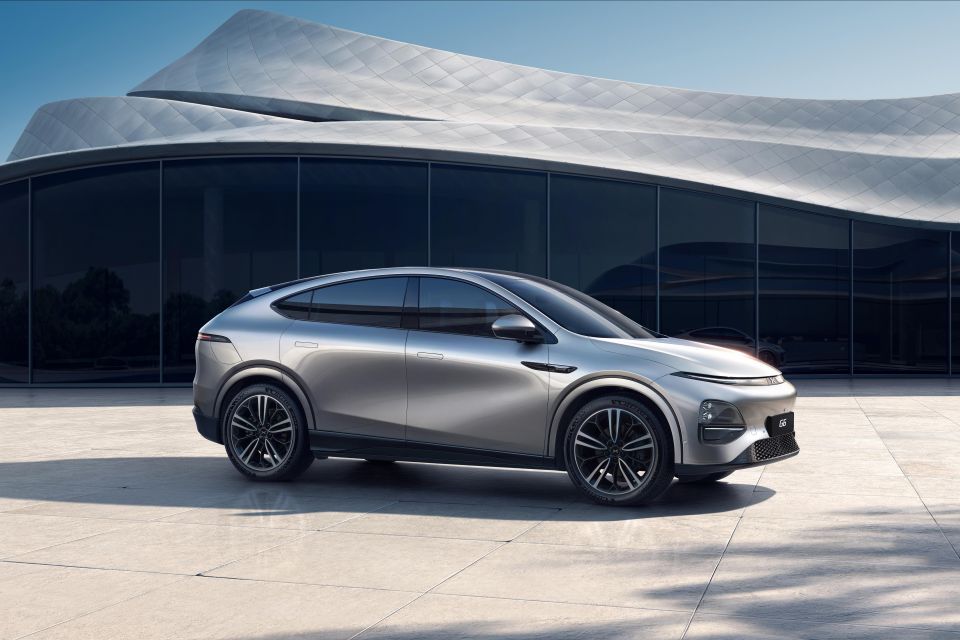
“If we were launching today? Yes! But we have the luxury of watching this play out,” Mr Clarke said.
“We don’t want to be caught up in that [price cuts]. If you’re a customer of three months ago who’s just experienced a massive value loss, I don’t think that’s good.
“So for Xpeng and for TrueEV, we do not want to be caught up in that. I’m hoping this plays out over the next six weeks and bottoms out.
“Prices are a serious determinant in buying a car, but we can’t be selling Xpeng on price – and we haven’t chosen Xpeng across 120 different brands because it was cheap. It’s really good.
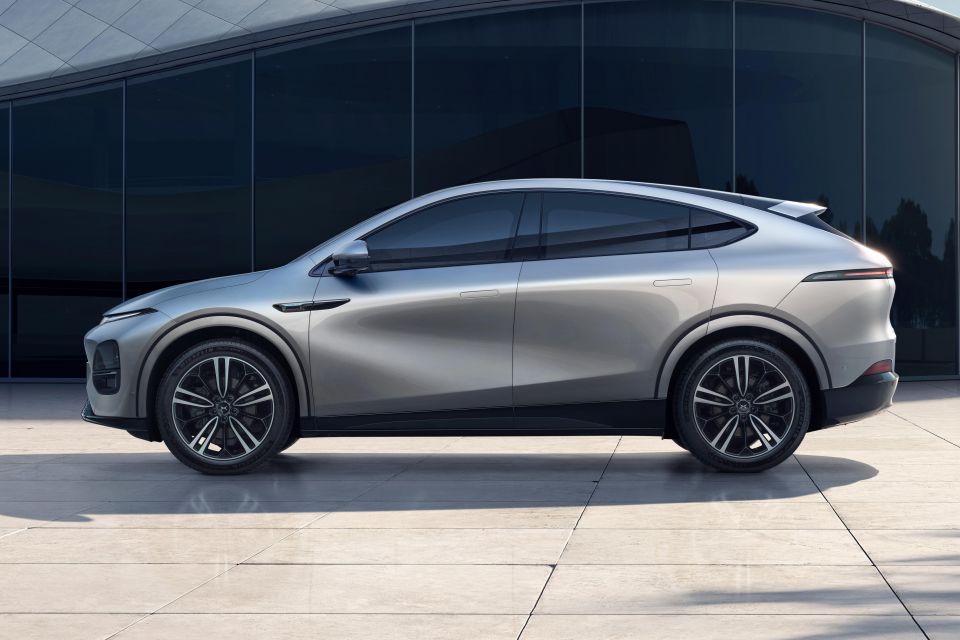
“So we have to stay away from [price cuts] and we want to preserve value for our customers as well.”
Official pricing hasn’t been announced for the G6, but Mr Clarke hinted it will start at less than $60,000 – potentially closer to $55,000 before on-roads.
The Tesla Model Y is now $55,900 before on-roads in base RWD guise, having cost as much as $63,900 before on-roads when a slightly updated version arrived in April 2024.
The Xpeng G6 is offered overseas with 66kWh and 87.5kWh battery packs, and offers fast charging up to 280kW.
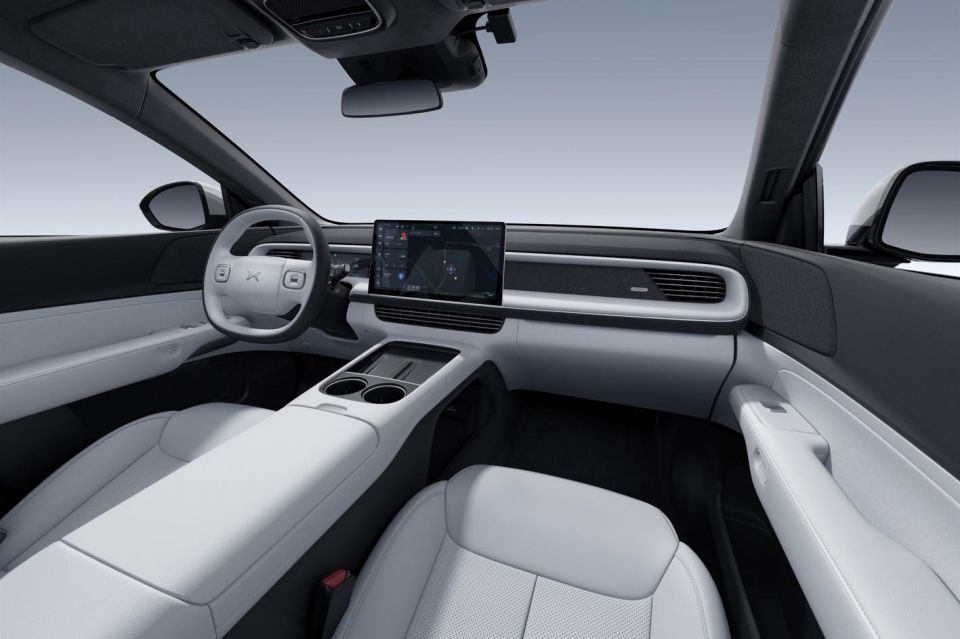
The base model has a claimed range of 435km on the WLTP test cycle, while the larger battery pack is good for up to 570km of driving on the same test cycle.
Peak power in the base rear-wheel drive is 190kW and peak torque is 440Nm, while the rear-wheel drive long range has 220kW and 440Nm. An all-wheel drive Performance model is also available abroad with 350kW and 660Nm.
Xpeng’s mid-late 2024 Australian launch will coincide with the arrival of Chinese EV specialists such as Zeekr – owned by Volvo’s parent Geely – and Chery’s Jaecoo, both due in the second half of this year.
Where expert car reviews meet expert car buying – CarExpert gives you trusted advice, personalised service and real savings on your next new car.
Born and raised in Canberra, Jordan has worked as a full-time automotive journalist since 2021, being one of the most-published automotive news writers in Australia before joining CarExpert in 2024.


James Wong
5 Days Ago
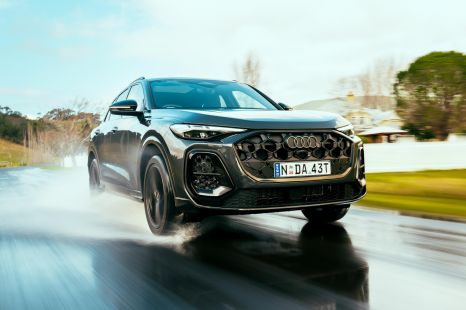

James Wong
5 Days Ago
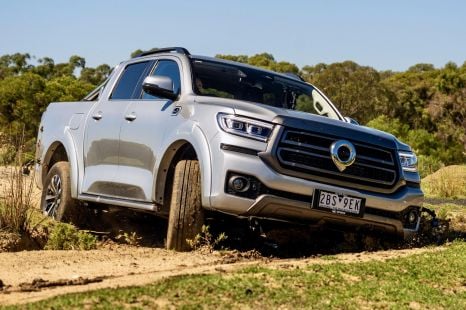

Max Davies
4 Days Ago
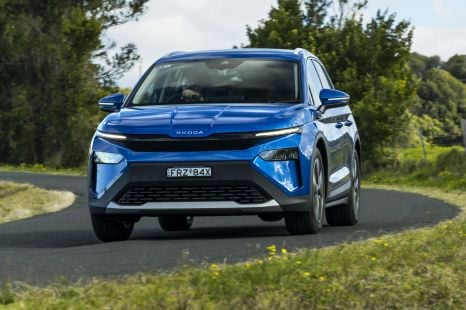

Josh Nevett
2 Days Ago
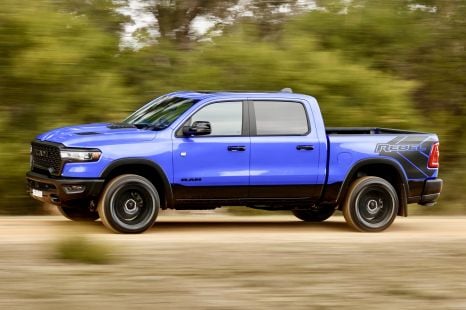

Max Davies
2 Days Ago
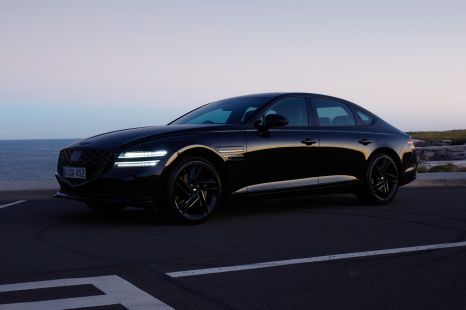

William Stopford
1 Day Ago